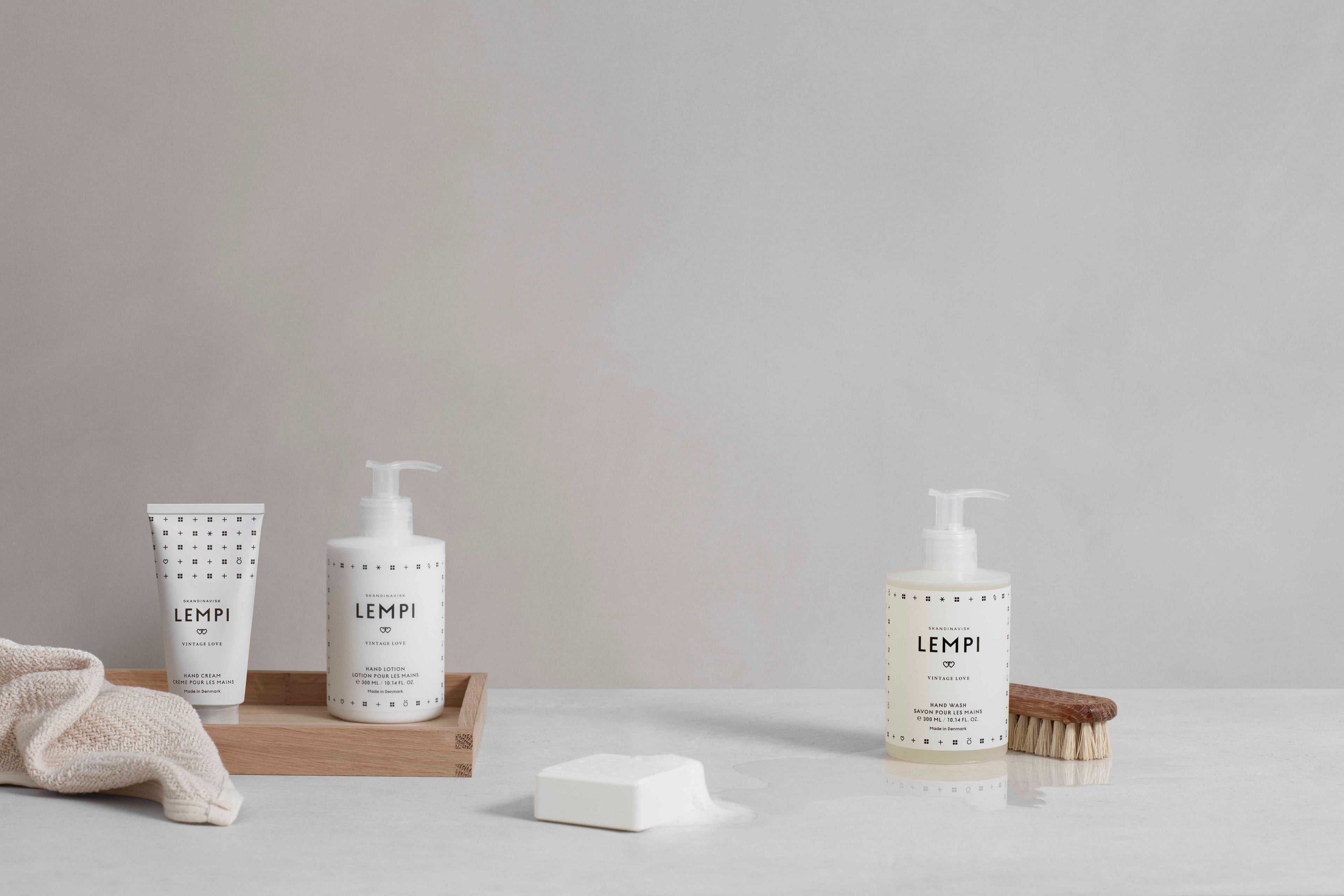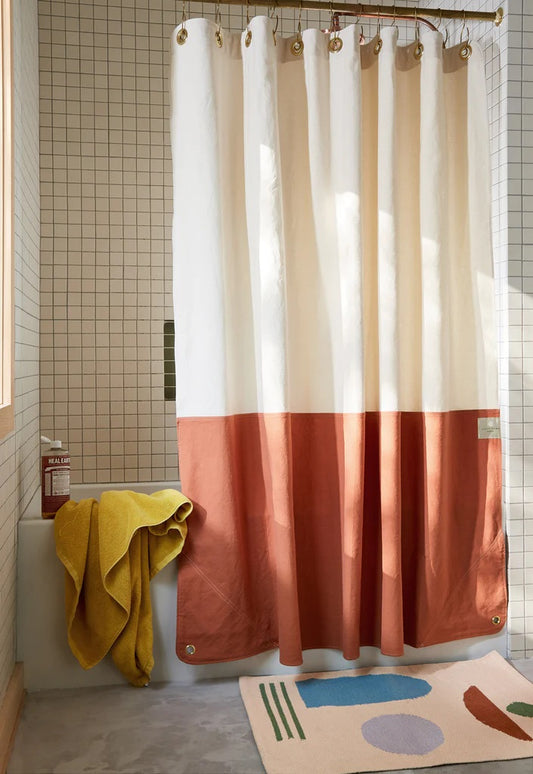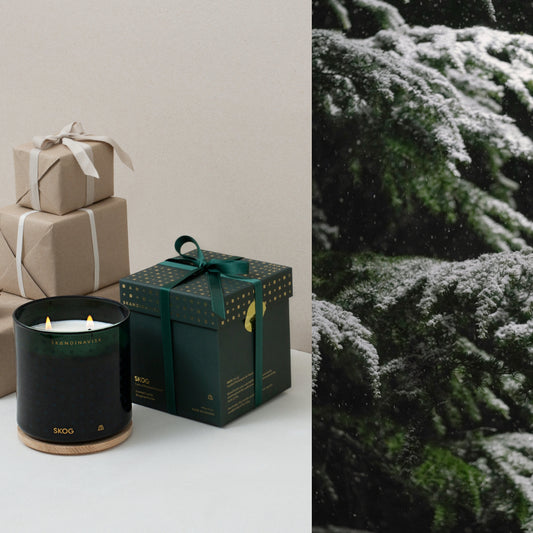Almost as polarising as the great toilet paper hanging debate (clearly the correct way is 'over') is the decision to use liquid or bar soap for your daily cleaning.
There are positives and uses for both so we believe you shouldn't discount either. Which is better for your skin? Is one more hygienic than the other? Which is more sustainable? Read our answers below.
Cleanliness
We all know that bacteria are a major cause of disease and the primary reason we wash our hands frequently to prevent the spread of germs. Liquid soap has been promoted as being anti-bacterial almost from the beginning of its introduction into the marketplace (around the 1980's). Given that people have been using bar soap for generations, even centuries, it seems unlikely that bar soap lacks in this area. Studies on the matter (conducted in 1988) looked at whether or not bacteria from a used bar of soap transferred to the skin. The test bars actually contained 70 times the contaminants that would typically be found in used soap bars. Sixteen volunteers then washed their hands with the contaminated soaps and none showed detectable levels of either of the bacteria. The researchers concluded that used bar soap did not lead to the transfer of bacteria from the bar to the skin and that they were safe and recommended for use when washing hands to prevent the spread of disease.
Additional studies have been done over the years where environmental bacteria has been found on bar soaps, as well as the surface of liquid soaps. But, none have shown to be a source or risk of infection.
Both liquid and bar soaps are equally cleansing.

Sustainability
According to a 2009 Swiss study, the carbon footprint of liquid soaps is 25 percent greater per wash than bar soaps.
Liquid soaps require 5 times more energy to create and 20 times more energy to package in a plastic bottle (compared to bar soaps wrapped in paper or cardboard). Plus, we have a tendency to use more liquid soap per wash than we would if it were a bar.
However, most bar soaps have a fatty base, some of which are more environmentally destructive than others.
Bar soap is more eco-friendly overall, but be sure to prioritise brands who source sustainable harvested oils to ensure that you’re not causing environmental damage to our precious lands.
When you wash your hands with bar soap, you rub the bar between your hands until you create the desired amount of lather. The ease and convenience of the pump on the liquid soap dispenser makes this harder to control. Typically, they dispense a predetermined amount and there is almost no way to adjust this. Often it is more than is needed to create a sufficient lather. This translates into a waste of the liquid soap as compared to using bar soap. On the other hand, as bar soap gets smaller with use, it sometimes breaks into small pieces that are too difficult to use and must be thrown away.

Sensitivity
Liquid soap proponents often cite the drying effect bar soap can have on the skin. When this occurs, it is generally because the bar soap in use has a higher pH level. This can be very drying, particularly to sensitive skin. The upside is that there is more than one type of bar soap available, many with lower pH factors and other ingredients that help prevent the stereotypical ‘drying” complaint associated with bar soap. As a matter of fact, most bar soaps do contain glycerine which is very therapeutic for dry skin and other sensitivities like eczema.
Some bar soaps do contain moisturisers but many people use bar soaps for their deodorising abilities. Some of these deodorant soaps can be harsh on sensitive skin. Women’s skin tends to be more delicate than men’s and reacts more harshly to deodorant soaps. More liquid soaps contain moisturising ingredients and can be kinder to sensitive skin.
In terms of fragrances, some people have allergies to fragrances while others simply do not like them added to their soaps. Liquid soaps that are fragrance-free can be difficult to find. Bar soaps offer numerous options for those who prefer to use fragrance-free.
We ask a lot of our soap products today. Exfoliation is the process of removing dead skin from the face and body. With soap, this is accomplished by adding mild abrasives to the product. Bar soaps provide a more intense scrub and stimulate circulation in the skin. Liquid soaps with exfoliating properties must be used in conjunction with a loofah or sponge to achieve the same effects. Over the long term, the liquid soap varieties with glycolic or salicylic acid seem to do a better job of brightening the skin. Liquid washes also tend to leave the skin feeling less gritty after the wash is completed.
Conclusion
All types of soap, whether liquid or bar are composed of the same essential components- alkali salts of fatty acids and detergent properties and prevent the spread of germs and bacteria. However, if you're basing your purchase on environmental benefits, bar soap would be the 'greener' of the two. Whereas, liquid soap will offer a more moisturised and rich lather. Luckily, at Oliver Thom we cater for either choice!




